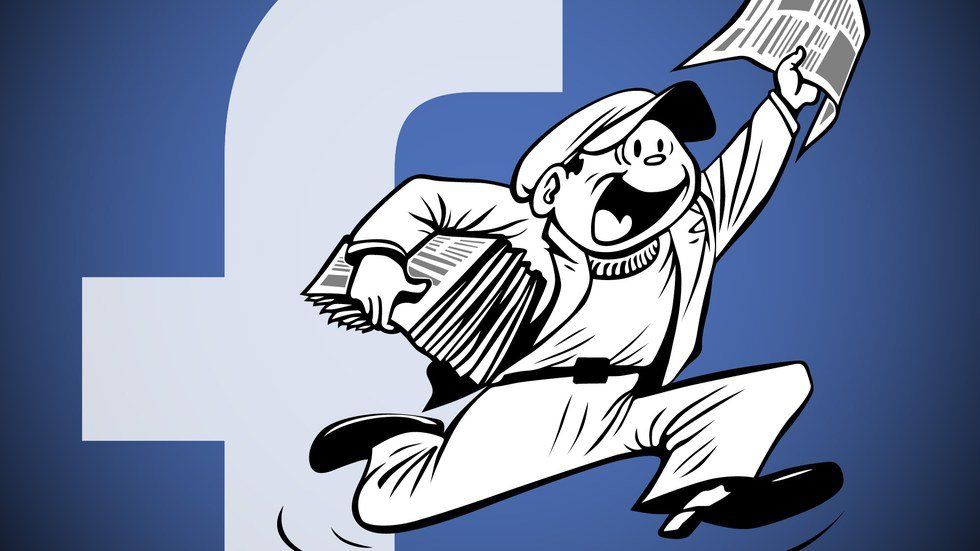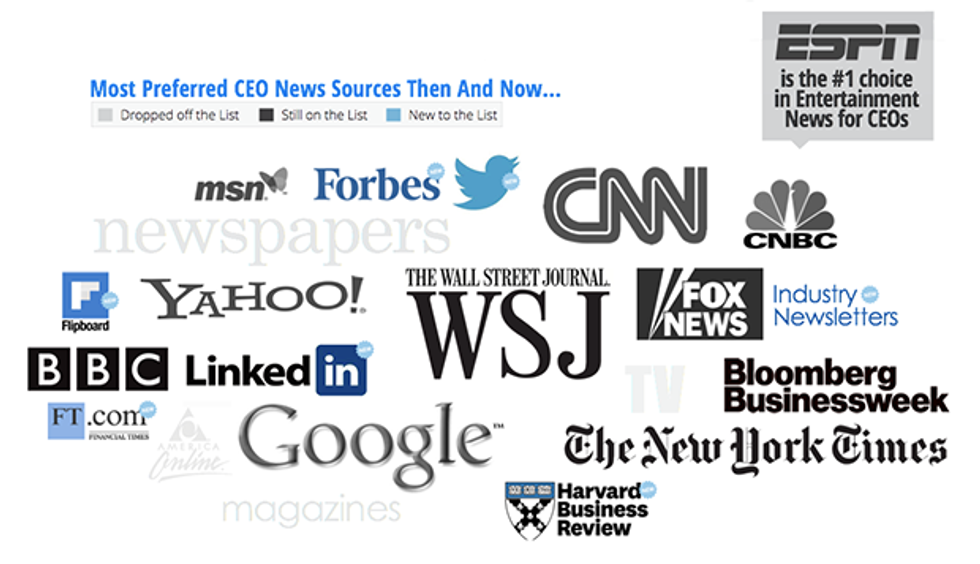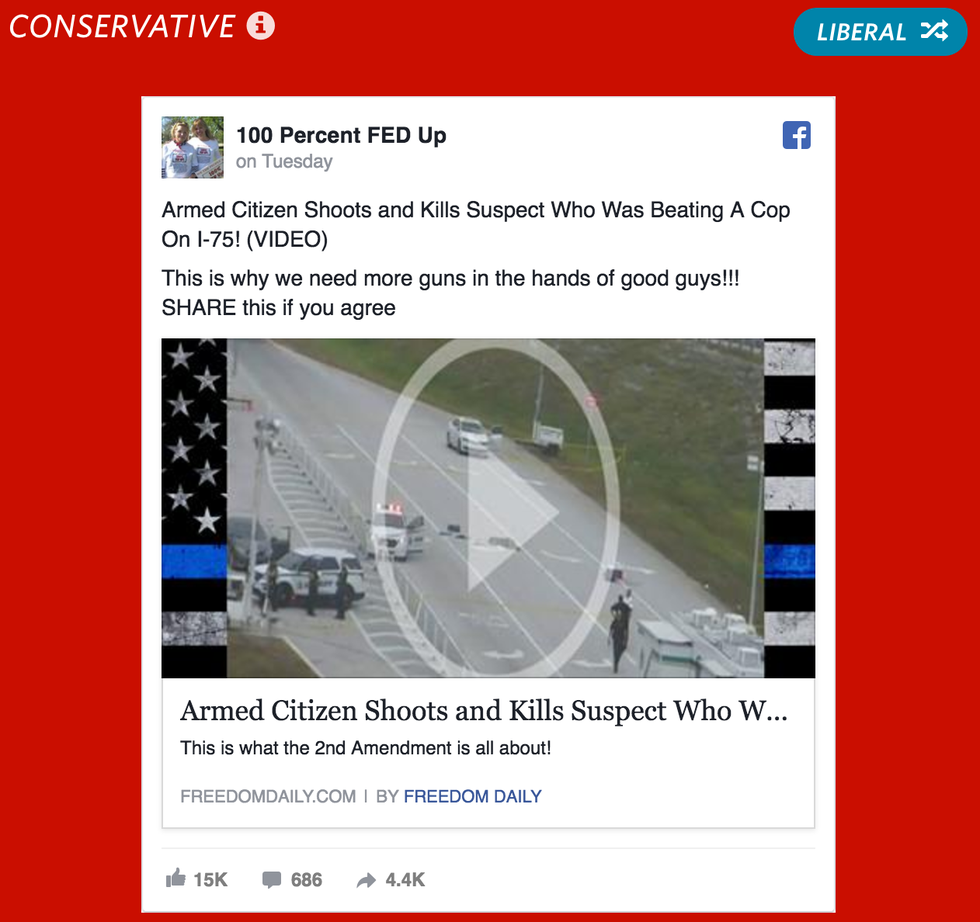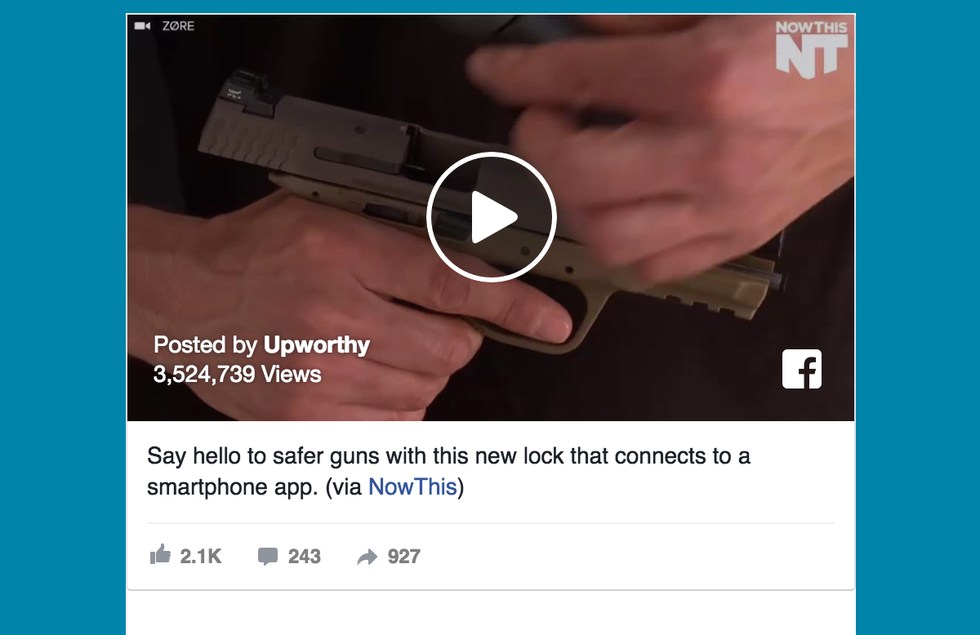According to Business Insider, the average person spends almost an hour everyday “across Facebook’s suite of apps” such as Instagram, Facebook and Facebook Messenger. Of this, it is estimated that 20 minutes are spent solely on Facebook. As a college student, despite not having much free time, I am definitely guilty of this 20 minutes a day…if not more. After the election, I began to wonder what information Facebook was feeding me.
My main question is whether or not the articles and information I am consuming are correct. I originally asked myself this question right after the 2016 Summer Olympics. I was scrolling through my Facebook feed one day and came across an article accompanied by a picture of Aly Raisman, Rio 2016 Medalist, crying hysterically. The headline was something along the lines of “Don’t Criticize Me for My Diet” or something similar. Intrigued, I clicked and read the whole thing. I remember thinking to myself, “Hmm, it is strange that she used a diet pill. I’m sure she exercises enough to not need it.” I clicked out of the article and took it for what it was. Ten minutes later, nearing the end of my 20 minute Facebook scroll, I saw the exact same ad but with a picture of Simone Biles claiming to have used the diet pill. Only after seeing the ad/article a second time did I realize that the entire thing was an advertisement for a diet pill. A diet pill that neither Simone or Aly had ever used.
While this isn’t necessarily news per say, I was tricked by the internet. I was tricked by Facebook. I was reading fake information. This election season, I came across hundreds and hundreds of articles regarding the election. With this in the back of my mind, I wondered just how many of the articles are true and actually real. How many are fake? How many are advertisements? How many are just simply propaganda?
I did some research and it turns out that post-election, many people are criticizing Facebook for not “doing enough to weed out obviously fake news articles that could have potentially impacted people’s votes”. While Mark Zuckerberg was quick to dismiss this, many people are still skeptical. The problem I have with this statement, however, is that these news articles may seem “obviously fake” only to those of us who are actually educated about the specific topic. This obviousness is not universal. For example, as someone who only vaguely followed the Olympics and didn’t know much about the lives of the athletes, the diet pill ad was not one-hundred percent obviously fake.
But this fake news, according to Edward Snowden, is only a part of a larger problem. This larger problem is that Facebook is many people’s only news source. Facebook, let me remind you, is a social media platform - not a news source. However, many people share interesting news on Facebook and news sites post their news on Facebook to reach a larger audience. In one way, it is an easy place to educate a great portion of the population. As each of us spends 20 minutes or so browsing and reading, taking advantage of this statistic and exposing the general public to important news in this way sounds like a great idea. But when Facebook is your only source of news, how do you know what is real or fake?
This is where Snowden really buckles down on his main point: Facebook cannot be your only source of news. By reading news from several sources, it becomes easier to compare what is real to what is fake. Also, it is important to remember that Facebook works to feed us exactly what we want to hear based on our likes, interests, political views, age, etc. The Wall Street Journal released an article where you can see this for yourself. They show side by side Facebook feeds of Liberals and Conservatives. Just this little bit of information changes the types of articles we come across (in addition to the fact that Liberals tend to befriend liberals and conservatives, conservatives).
Having Facebook be the only source of your news is dangerous. Not only do you not get a true read on what is actually happening because your news is filtered by what Facebook knows about you, what your friends share and like, and what may be popular that moment but by doing this we give Facebook the ability to construct the way we think about the world. In the words of Edward Snowden: “To have one company that has enough power to reshape the way we think, I don’t think I need to describe how dangerous that is,” he said.
This being said, make sure you are a responsible and well informed citizen. Don’t let Facebook shape the way you think. Read news from several sources. Expand.


























